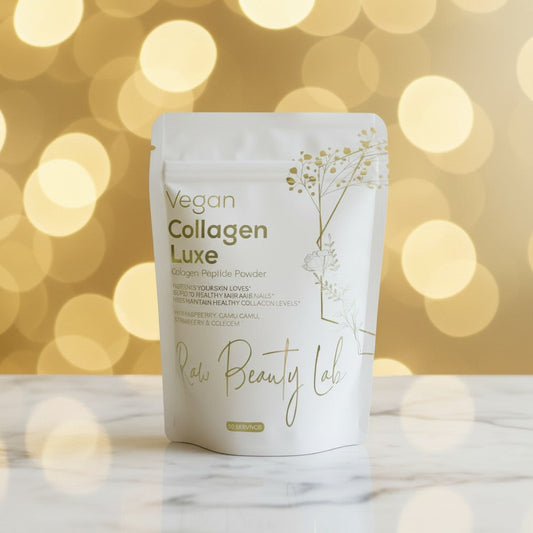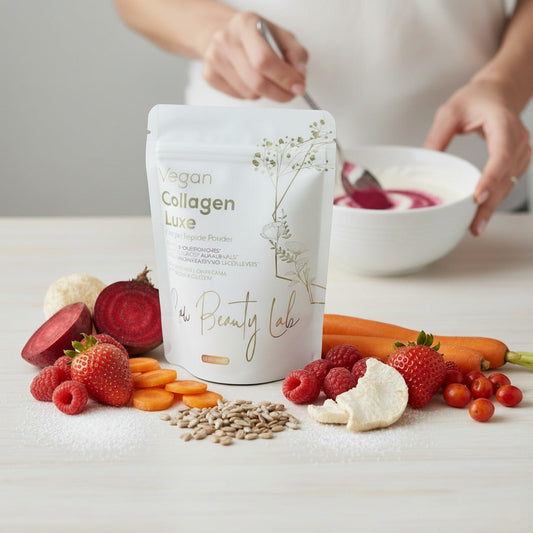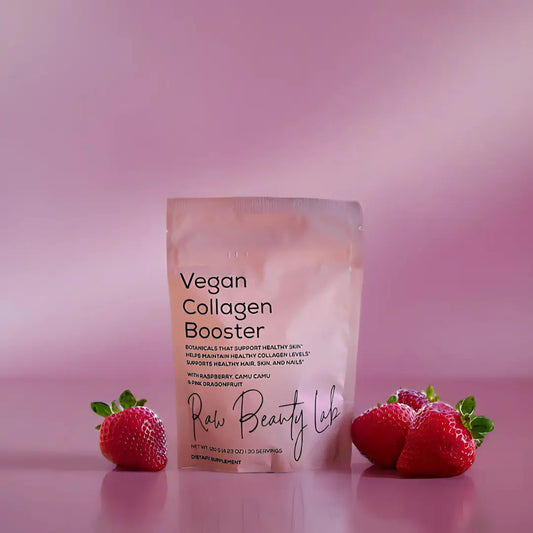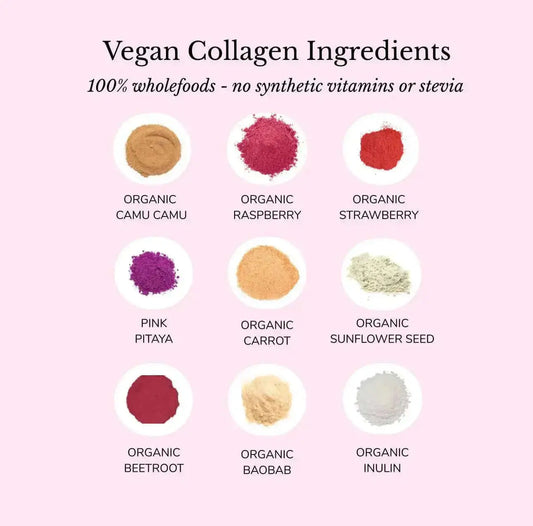Table of contents
It’s very easy to buy into the marketing hype over the next big thing to eradicate fine lines or produce Cinderella skin, and if you've ever fallen prey to the industry’s consumer call, you're not alone. We expose some of the most common beauty mistakes and the reasons why you might not be seeing the results from your skincare regime
1. Using Too Many Products
You’ve bought the latest product that you believe is the key to ending your skincare woes and can’t wait to get it on your face. Having been there and done that, I can completely understand the enthusiasm to try something new. But, as I mentioned in the bootcamp, too many products can sometimes be as ineffective as putting nothing on your skin in the first place.
Your skincare products are essentially a collection of chemicals, and naturally (just like the girls back in your high school), not all chemicals get along. Having a relatively limited chemistry background, you and I aren’t exactly proficient in understanding what ingredients would work best together. Thankfully, many products in the industry today are formulated with multiple ingredients so we don’t have to experiment on our own.
Save yourself some time and money and buy products with multiple ingredients that have been designed to work together to get you the best results. And if you can’t find specific ingredients that you want in a single product, then do layer up different products, but be sure only to layer a maximum of 3 products under your moisturiser to ensure your skin can still reap the benefits of each ingredient.
2. Not Using Enough of Each Product
This is of interest to those of us who have spent our life savings on the products that promise to banish fine lines and wrinkles and have vowed to compensate for the expense by getting the most out of the bottle. For eye creams, a little sure does go a long way, but unfortunately the same can’t be said about the rest of the skincare entourage.
Serums are usually formulated to be very potent, so a 1p sized dollop should be enough to target your trouble areas. Moisturisers and sunscreens are where you need to be more generous as these are essentially the protective layers of skincare to ensure the stuff underneath can do its job well. Aim for a marble sized amount for each of your moisturiser and sunscreen and be sure to bring them all the way down your neck and over your decolletage.
3. Only Applying Sunscreen Once a Day
The importance of SPF has become increasingly apparent, but the conversation doesn’t extend to how often it should be applied. Applying even the best collagen boosting serums and moisturisers won’t work any magic if your skin is being damaged by sun exposure. UV damage remains one of the biggest causes of collagen degradation and aging, and applying your sunscreen just once a day will not protect your skin all day. Several studies indicate that the sun protection factor (SPF) of sunscreen on your skin after 6 hours following application had decreased by almost 70%.
The skin cancer foundation suggests that sunscreens are effective 20 minutes after application to the skin, and found to last for up to 3 hrs. Therefore, ensure you are topping up your sunscreen every 3 hrs – and for the make-up lovers, get hold of a powdered sunscreen (tarte and colorescience do great ones) and re-apply on top of make-up throughout the day!
4.Over Exfoliating
Ah, chemical exfoliation – the phenomenon we were first too scared to try, and then couldn’t get enough off! The appeal for AHA and BHA exfoliants stems from their ability to provide an almost immediate result of brightening the skin after use. And while dermatologists claim that exfoliating is a crucial part of promoting skin cell turnover, the overuse of exfoliants can be extremely detrimental to the collagen in your skin.
Chemical exfoliants have actually been shown to stimulate collagen production as they cause a healthy trauma to the skin and instigate fibroblasts to produce collagen and elastin as part of the healing process.
Enhance skin hydration even more by preventing transepidermal (a fancy way of saying through your skin) water loss through your skin to the outside world. Use gel or oil based moisturisers to protect your skin’s lipid barrier and lock in the moisture!
However – remember how I referred to chemical exfoliation as a ‘mild trauma’ – well that’s because you’re essentially peeling off the top layer of your skin when you use them. So over use of AHA’s/BHA’s would result in constant trauma to the skin, and prevent it from reaching the healing phase where collagen production occurs. Instead, the constant trauma would result in an ongoing inflammatory response that would activate metalloproteinase enzymes that would degrade collagen.
To steer clear of this situation, aim to exfoliate twice a week with a mild exfoliant (the Paula’s choice 2% BHA exfoliant is a fan favourite!). This will help you reap the anti-aging benefits of exfoliants without damaging collagen in the process!
5. Changing Products Too Frequently
Switching up the products in your vanity is a great way of discovering new must-have products that your skin will love. But it’s important to let your skin ‘understand’ a new product before you decide to ditch it. Impatience is a vice that we all share – and while it may be advantageous is some instances (motivation to make your own meal because you couldn’t wait for your uber delivery to come!), in the skincare realm, it’s unfortunately not rewarded.
Most skincare products will take at least 4-6 weeks to show any kind of noticeable improvement so persevere through the I-don’t-think-it’s-working phase before you throw in the towel. A good rule of thumb is finish the bottle/tub of the product and if you still haven’t noticed any difference, then it's safe to move on!
6. Only Relying on Skincare Products
Technically not entirely to do with skincare, but I couldn’t resist the temptation to talk about diet (come on, you knew it was coming!). Your diet is such an integral part of the health of your skin, and your collagen can be correlated to the antioxidant and wholefood content of your diet - and this is especially true as your age. Your body’s ability to produce collagen slows down as you age, with collagen production becoming more and more heavily dependent on your diet.
So be sure to supplement your diet with a generous helping of beauty antioxidants by adding in a handful of greens to your lunch and dinners or whipping up a beauty boosting smoothie – we’re a big fan of smoothies here at Raw Beauty Lab! And if all that seems like too much work then take a look at our vegan collagen supplement – you’re just a teaspoon of vegan collagen powder and half a glass of oat milk away from all the beauty phytonutrients your skin needs to bring the best out of your skincare products!




